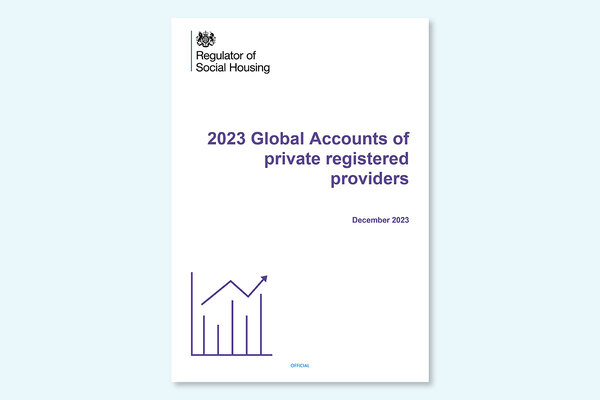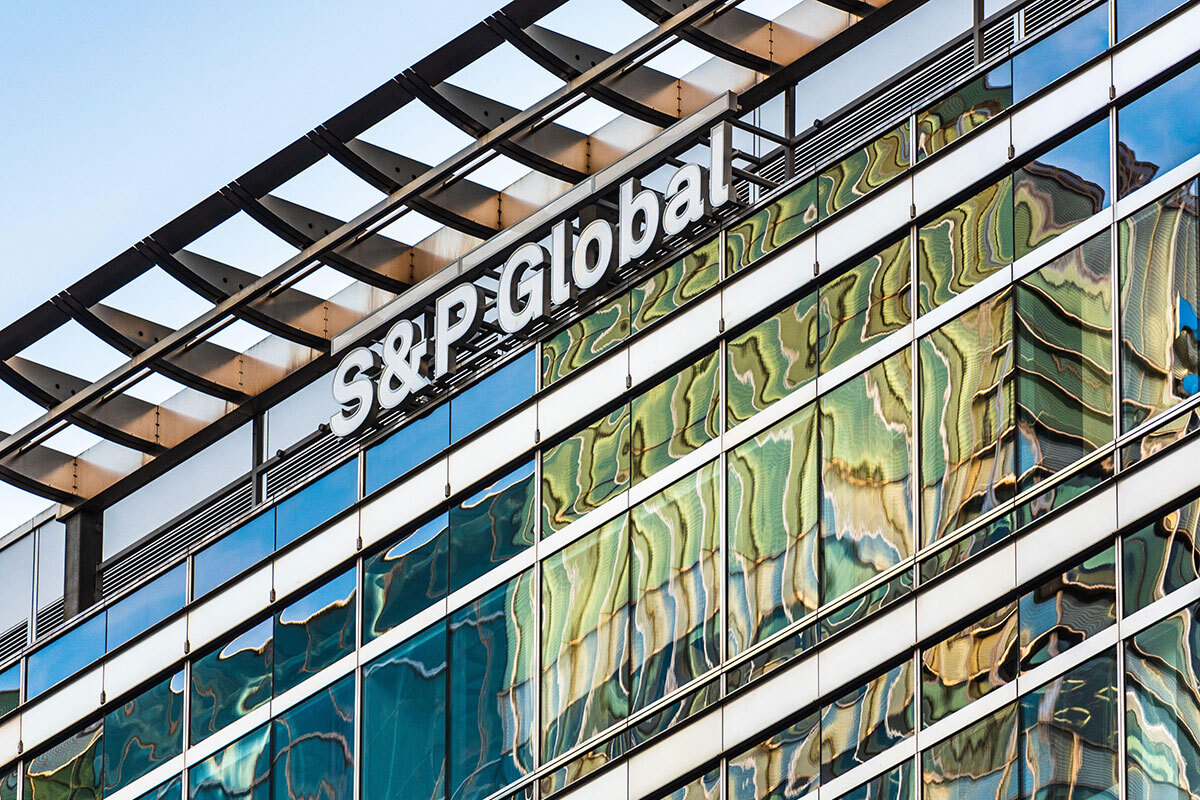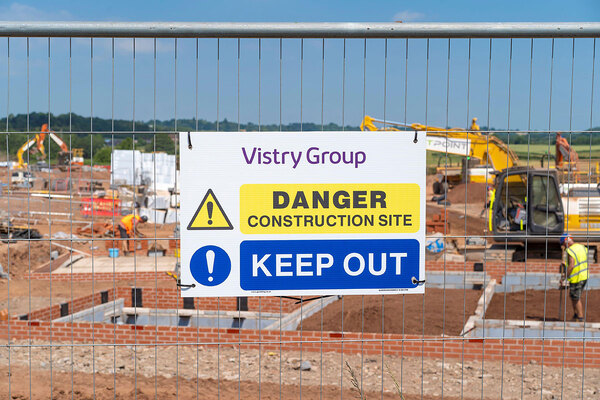You are viewing 1 of your 1 free articles
Landlords’ average spend on social homes jumps 14% as inflation bites
The average bill for large landlords operating a social home jumped by 14% in the last financial year due to inflation and increased spending on repairs and maintenance, a new report from the English regulator has revealed.
The median headline cost per home was £4,586 in the year to the end of March 2023, the Regulator of Social Housing’s annual value for money report found.
The study covers 198 private registered providers that have more than 1,000 homes. However, unlike the regulator’s global accounts, it does not include figures from for-profit housing providers.
The value for money report showed an 18% average increase in the amount providers spent on repairs and maintenance in the 2022-23 financial year.
On a weighted average, the amount spent per home on repairs and maintenance rose to £2,700 in 2022-23, the report said.
“This demonstrates the sector’s continued focus on the quality and safety of homes,” the report said.
Since 2021, the study found that more than 70% of the increase in the overall headline cost of operating a social home was related to maintenance and major repairs.
It comes as landlords have faced increasing scrutiny following media reports uncovering appalling conditions in social homes, as well as a string of shocking findings by the Housing Ombudsman and the fall-out from the death of two year-old Awaab Ishak due mould in a housing association flat.
The higher price for building materials and costs related to building safety and making homes more energy efficient also contributed to landlords’ increased spending.
The study, which sits alongside the regulator’s global accounts published in December, also reiterated the difficult financial situation providers have been facing.
EBITDA MRI (Earnings Before Interest, Tax, Depreciation, Amortisation, Major Repairs Included) interest cover – which shows the sector’s ability to cover ongoing finance costs from operating activities – fell to 128% on average in the sector. This was the lowest level since 2010.
The global accounts had revealed that on a weighted average, EBITDA MRI had slid to 103%, which was also the lowest figure since 2010.
Will Perry, director of strategy at the RSH, said: “Housing associations are grappling with a range of economic challenges while working to provide more and better social homes for people who need them.
“This creates competing pressures on their finances, and boards need to explain how they are allocating their resources and adding value. Our report allows stakeholders to scrutinise their landlord’s performance and hold them to account across a range of areas.”
Sign up for our development and finance newsletter
Already have an account? Click here to manage your newsletters












